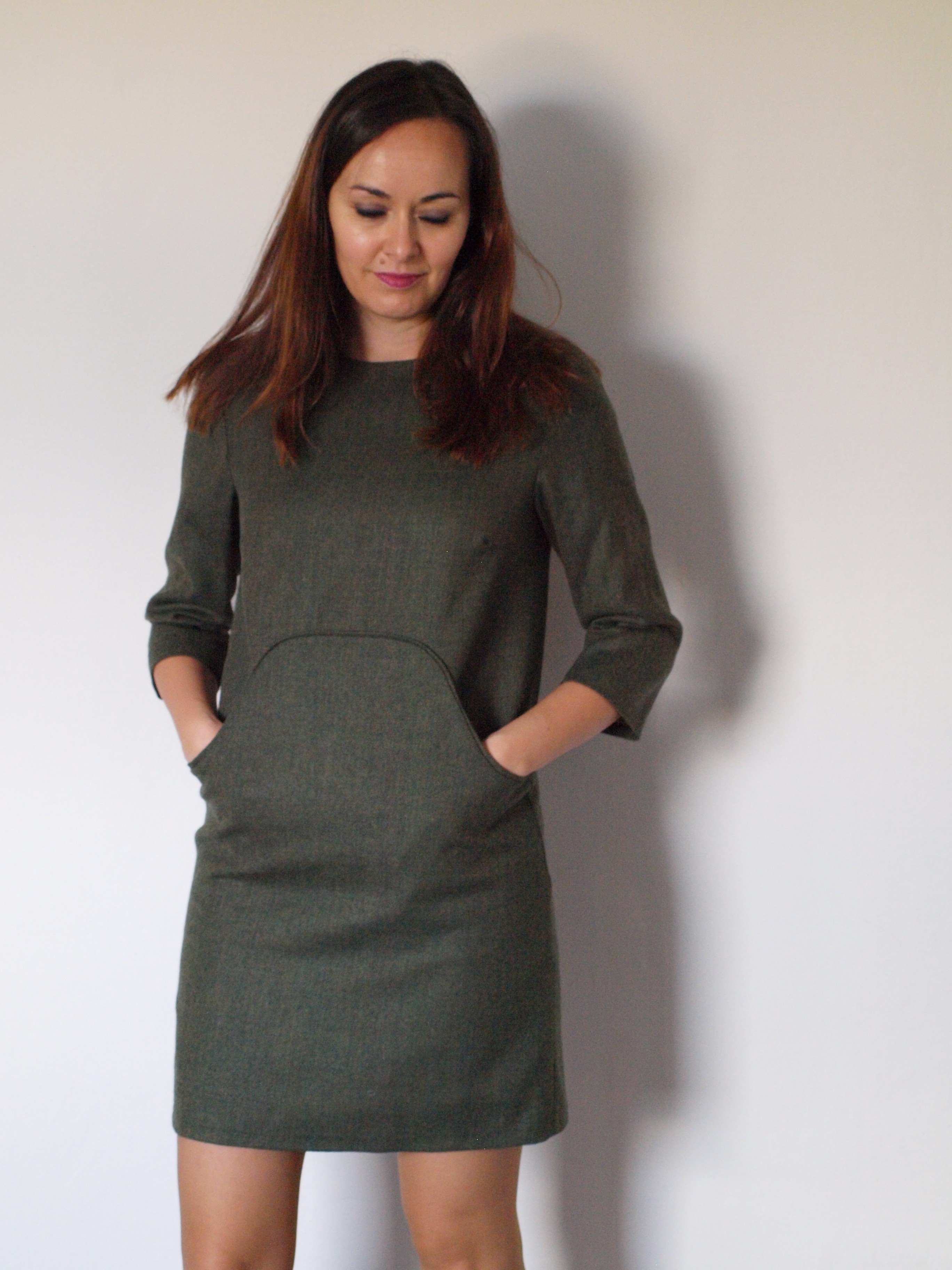
Wearing the same outfit twice
Why it is stupid not wearing the same outfit more than once.
 Getting dressed is all about fulfilling a practical function and also a social and personal statement. However our wardrobes have been poisoned with the notion that to be well dressed, you have to own a different outfit for everyday of your life. Is it true that wearing the same outfit several times is social suicide? Is our current fashion system wrong? and if so, why?.
Getting dressed is all about fulfilling a practical function and also a social and personal statement. However our wardrobes have been poisoned with the notion that to be well dressed, you have to own a different outfit for everyday of your life. Is it true that wearing the same outfit several times is social suicide? Is our current fashion system wrong? and if so, why?.
The Right Priorities
I recently came across an article about a young woman in the UK that took a loan so she could afford buying more and more clothes. She said that once she would be photographed and tagged on Facebook with an outfit, she could never wear that dress ever again because it would be embarrassing. She blamed social media for her problem. Now my question to you is: what do you find more ridiculous and embarrassing, to see a woman several times with the same beautiful dress that fits her nicely or the story of this British young woman?
Obviously our habits are conditioned by social pressure but I believe that every individual is strong enough to keep a healthy perspective of life and the things that matter. To be conscious about what you buy is not just a matter of economy. Your buying habits affect society in a global scale, your mental health and your personality.
I have read a few pieces about the dress code of “the powerful” and it turns out that successful people tend to wear the same thing everyday. I can give you a few examples: Karl Lagerfeld, Mark Zuckemberg, Giorgio Armani, Steve Jobs, Barack Obama , Johnny Cash, Slash, Michael Kors. Why is that? Is there a correlation between their dress code and their success? Well, it is not a coincidence, their priorities are balanced and they focus their time, energy, money and creativity in the right things.
The Social pressure
I have witnessed on TV and social media how celebrities are slammed by reporters and fans because they wore the same outfit to different events. It seems to be some sort of crime to them, probably due to the fact that we talk more about what celebrities wear than what celebrities creatively do. Now, if your only known job as a celebrity is to set trends ( or try to), like Kim Kardashian for example, this criticism could be understandable ( although never excusable) but we should all be free to wear whatever we want and as many times as we wish. I would actually say that the power is in owning less but better.
The Minimalistic Wardrobe

We are hearing a lot lately about the “minimalistic wardrobe”. Some may say this is a trend but I would disagree with that. If we look back in history, generally people would have just a few essentials in their closet without that having a direct impact on their happiness or state of mind. My grandparents and my parents grew up having some working clothes and some “special outfit” for special occasions. Even my childhood was that “minimalistic” . We never thought of giving it a name or call it a trend, we just didn’t need more.
Think about it, if you take a look to your closet, do you really wear everything often? Do you want to give it a try and clean up your closet and your mind? The capsule wardrobe movement can help you and the blog Who What to Wear explains it for you.
How to wear the same dress in different ways
 If you still want to keep expressing your creativity through your outfit, there is some compromises that marry the minimalistic wardrobe and creativity. When I started writing this blog 5 years ago, one of my first articles was about how to give a different look to the same dress or how alter a dress to make it look different. I find that idea interesting from a creative point of view but also practical. For instance, have you realize all the clothes that we pack when we travel that we will not use? Bringing one garment and different small accessories can be a solution to make our luggage and clothing planning lighter when travelling.
If you still want to keep expressing your creativity through your outfit, there is some compromises that marry the minimalistic wardrobe and creativity. When I started writing this blog 5 years ago, one of my first articles was about how to give a different look to the same dress or how alter a dress to make it look different. I find that idea interesting from a creative point of view but also practical. For instance, have you realize all the clothes that we pack when we travel that we will not use? Bringing one garment and different small accessories can be a solution to make our luggage and clothing planning lighter when travelling.
The Uniform
A while ago I read the article ” Alice Gregory on Finding a Uniform” by Alice Grerory for JCrew. In the article Alice explains how she had always wanted to have a uniform because ” Low maintenance and iconic, it’s a cheap and easy way to feel famous”. She is right! Not only you waist less time thinking what to wear but you also spend less money and less energy on your daily outfit. At the same time it also shape your own personality and create your personal “myth”. Alice says “This is the reason why characters in picture books never change their clothes: Children—like adults, if they’d only admit it—crave continuity. Adopting the habit of wearing a uniform is not stylish—this is a classification that no longer applies.”
Educating for healthy habits
There is nothing wrong in owning quality material things but there is something very unhealthy about prioritizing that in life and impose it as a roll model to our kids.
When I was a child, me and my siblings didn’t have so many clothes and most of them were made by my mum. We owned a especial dress and shoes for Sundays and some basics to go to school. As a child, I never owned fancy expensive snickers or brand clothing and actually, as a kid I would rarely go shopping. Instead I would play, go with my friends for bike rides, sew for my dolls… I would do what kids are supposed to do during their childhood. Was I less happy for that? Not really, It actually never crossed my mind that shopping or “owning stuff” would give me happiness. I was happy running, laughing, talking, walking, swimming, bike riding, discovering. However things have changed in the developed countries. We treat kids like adults. We brand children faces, we represent beauty and women in the commercials with a girl model that has recently turned 16. We give money to kids so they can go shopping with their friends and when we feel bad because we have no time to spend with them… we buy them “stuff”.
Think twice: what makes you happy? What kind of society would you like to live in? Once you answer those questions, the action is the next step. Prioritize local businesses, buy less but of a better quality and every time you buy something think about the amount of work behind and the person that has made it, that is the value of things.
 Previous Post
Previous Post Next Post
Next Post


